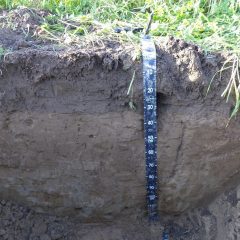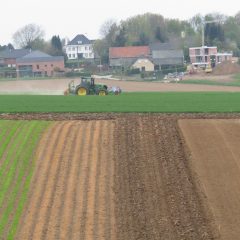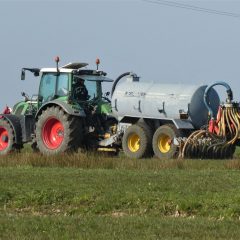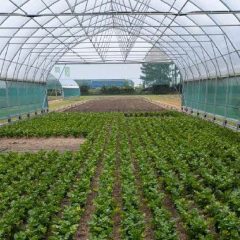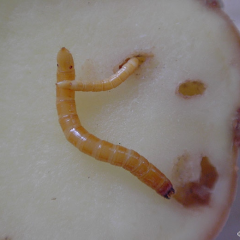Research project Survival and infectivity of Meloidogyne enterolobii under temperate climate conditions

General introduction
In 2022 Meloidogyne enterolobii, considered one of the most important root-knot nematodes, was added to the list of quarantine pests in the EU. This highly aggressive species occurs mainly in warmer climates. A risk analysis carried out in the Netherlands showed the major potential economic impact of this species in southern Europe and in greenhouses in northern Europe. It has a wide range of host plants, including temperate crops such as carrot, sugar beet and potato. Knowledge on the survival, life cycle and infectivity of M. enterolobii under temperate climatic conditions is lacking.
Research approach
The life cycle and survival of M. enterolobii under temperate climatic conditions will be investigated. Study of the life cycle allows us to estimate how many generations M. enterolobii can form during a growing season under these conditions. Survival studies are needed to determine whether M. enterolobii is able to survive a host-free period under temperate conditions and how this affects infectivity.
Relevance/Valorization
Knowledge on the survival and life cycle of M. enterolobii under temperate conditions is of direct importance to estimate whether this root-knot nematode can establish itself in Flanders and survive during the winter. This knowledge is also needed to assess the potential impact on agriculture and horticulture in temperate European climate zones and to support the development of control measures for this quarantine nematode species.


